Nutrition
Fruits You Should Eat And You Should Avoid
Published
12 months agoon
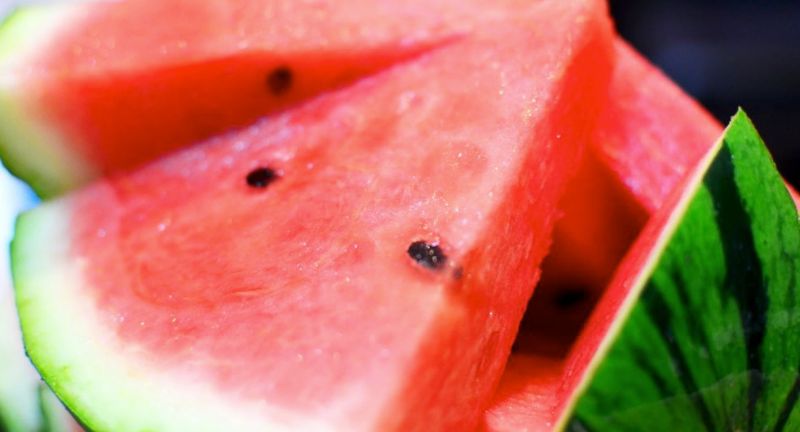
Shutterstock
While fruit is an essential component of a balanced diet, offering a plethora of vitamins, minerals, and fiber, it’s important to recognize that not all fruit is created equal. Different fruits vary significantly in their nutrient composition, sugar content, and caloric value, which can have diverse impacts on health. For instance, some fruits may be packed with antioxidants and low in calories, while others are high in natural sugars and carbohydrates.
Here are 10 fruits you should be eating and 10 to skip.
Eat Apples
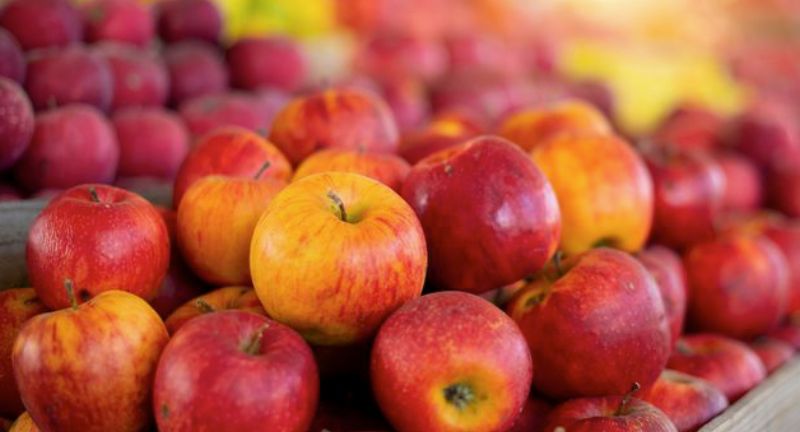
Getty
Apples are a rich source of fiber, particularly pectin, which is known for its beneficial effects on digestive health. They’re also packed with vitamin C and various antioxidants, including quercetin, which can support immune function and reduce inflammation. Regular consumption of apples has been linked to a reduced risk of chronic diseases such as heart disease and diabetes. Additionally, the fiber content in apples can aid in weight management by promoting feelings of fullness.
Skip Limes

Shutterstock
Despite their health benefits, limes should be consumed with caution as their high acidity can exacerbate acid reflux and erode tooth enamel. They can also negatively interact with certain medications, affecting their efficacy. Additionally, lime juice can cause phytophotodermatitis, a skin reaction, when it comes into contact with the skin and is then exposed to sunlight.
Eat Blueberries
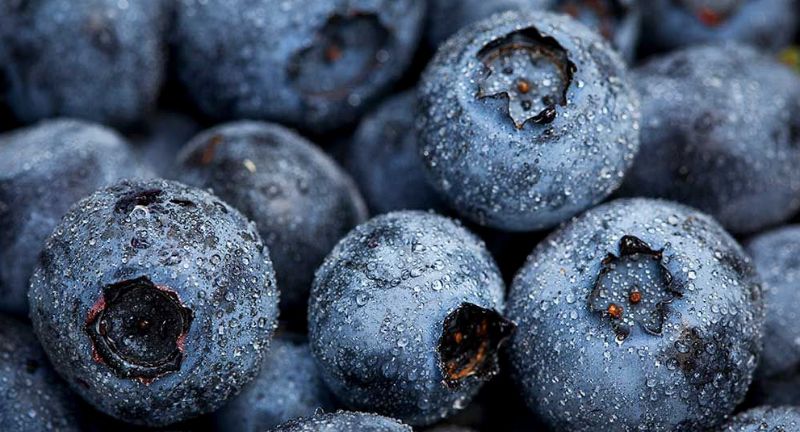
Getty
The small berry that packs an exceptionally high amount of antioxidants, particularly anthocyanin. Anthocyanin may protect against heart disease, improve brain health, and reduce inflammation. They are also a good source of vitamins C and K, as well as manganese. Studies suggest that blueberries can improve memory and cognitive function, especially in older adults. Their low glycemic index also makes them a favorable choice for blood sugar regulation.
Skip Coconut
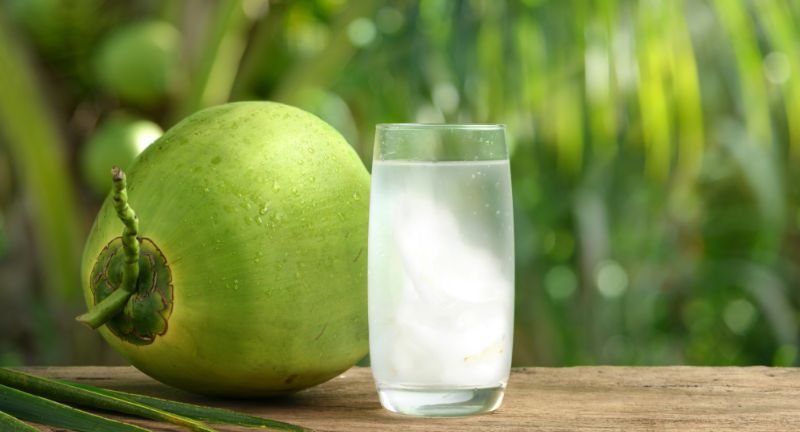
Shutterstock
Coconuts, though packed with nutrients, should be consumed in moderation due to several reasons. They are high in saturated fats, which when consumed excessively, can lead to higher levels of LDL cholesterol, potentially increasing the risk of heart disease. Coconuts are also calorie-dense, which can contribute to weight gain if not balanced with an overall healthy diet and regular exercise. For those with a fructose intolerance, coconuts contain natural sugars that can cause digestive discomfort.
Eat Kiwi

Getty
Kiwifruit is an excellent source of vitamin C, surpassing even oranges in its concentration, and is also rich in dietary fiber, which aids in digestion and gut health. It contains a unique enzyme called actinidin that helps break down protein, further supporting digestive health. Kiwifruit is also a good source of vitamin K and vitamin E, both essential for maintaining healthy skin and bones. Its high antioxidant content can help reduce oxidative stress and protect against certain chronic diseases.
Skip Figs
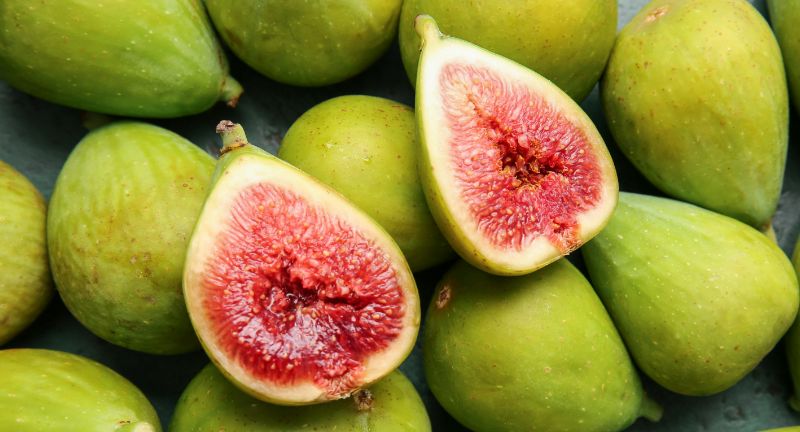
Shutterstock
Figs are naturally high in sugar, with a single medium-sized fig containing about 8 grams of sugar and 10 grams of carbohydrates. While they are a good source of dietary fiber, and potassium, the high sugar content can be a concern for those with blood sugar management issues. Dried figs have an even higher concentration of sugar and calories, making moderation even more critical.
Eat Watermelon

Getty
Watermelon is not only refreshing due to its high water content, but it’s also a good source of vitamins A and C, and the antioxidant lycopene, which has been linked to heart health and cancer prevention. Its high water content makes it hydrating and helps in feeling full, which can aid in weight management. Watermelon also contains citrulline, an amino acid that may improve exercise performance and reduce muscle soreness. Additionally, its low calorie and high nutrient content make it an ideal snack for those looking to maintain a healthy lifestyle.
Skip Bananas
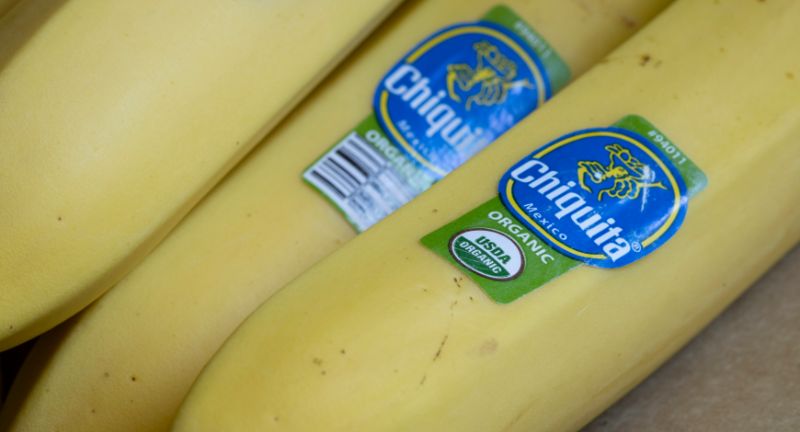
Shutterstock
Bananas are known for their high energy content, primarily due to their carbohydrate and sugar content. A medium-sized banana contains about 14 grams of sugar and 27 grams of carbohydrates. They are a good source of potassium and vitamin B6, but their high sugar content can be a concern for people with sugar sensitivities or those on a low-carb diet. Overripe bananas have an even higher sugar content, so choosing slightly green bananas is a lower-sugar option.
Eat Avocado
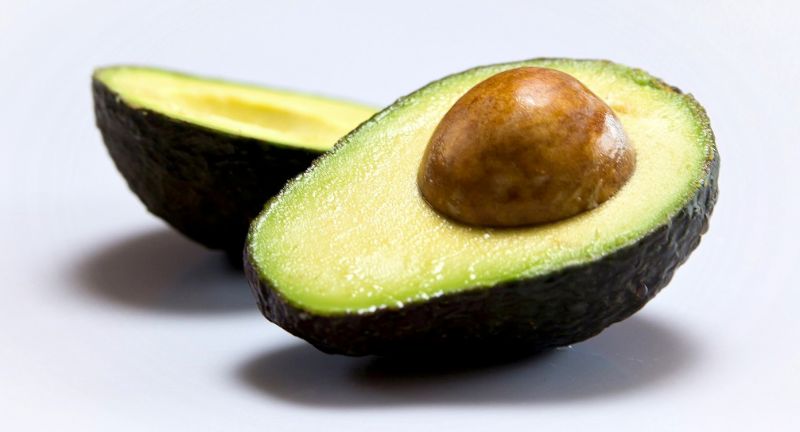
Shutterstock
Unique for its high content of heart-healthy monounsaturated fats, which are good for heart health and help in maintaining healthy cholesterol levels. It’s also an excellent source of fiber, vitamins E, C, B6, and K, folate, and potassium. Regular consumption of avocado has been linked to weight management and reduced risk of metabolic syndrome. Its high fat and fiber content can also help in feeling full longer, making it a great addition to a balanced diet.
Skip Cherries
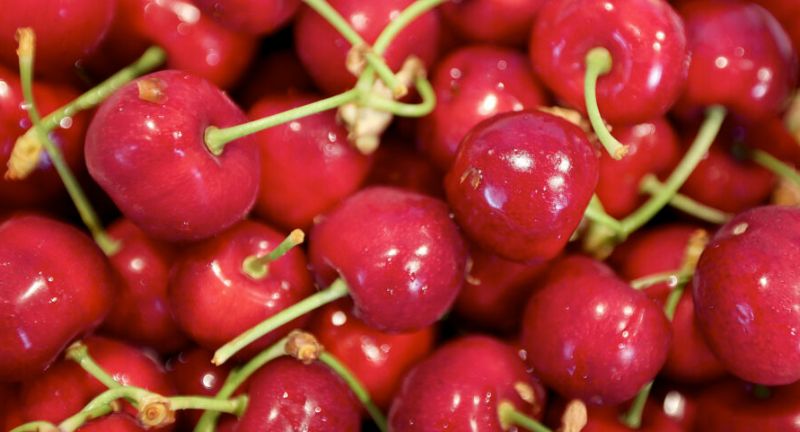
Getty
Cherries are delicious and have health benefits, but they’re also high in sugars. A cup of cherries contains about 18 grams of sugar and 22 grams of carbohydrates. While they are a good source of vitamins and antioxidants, their high sugar content can contribute to increased blood sugar levels.
Eat Papaya
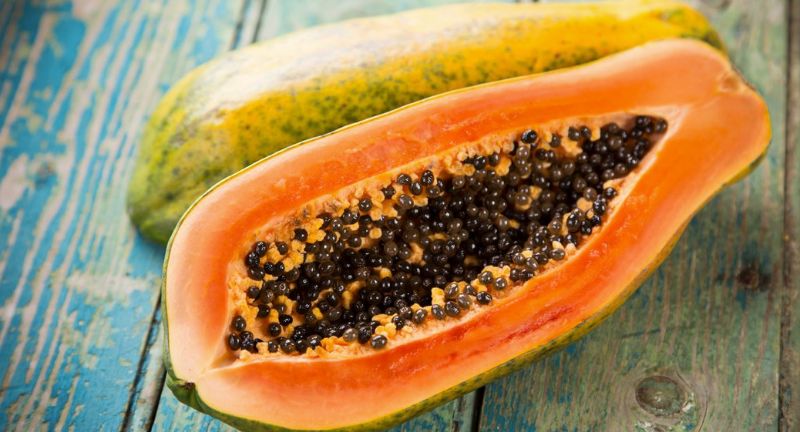
Getty
Papaya is rich in vitamins A, C, and E, and contains an enzyme called papain that aids in digestion and can help break down proteins. Its high content of antioxidants, including carotenoids, can reduce inflammation and protect against certain types of cancer. The fiber in papaya is beneficial for bowel health and can help in regulating bowel movements. It’s also relatively low in calories, making it a nutritious choice for those looking to maintain or lose weight.
Skip Grapes
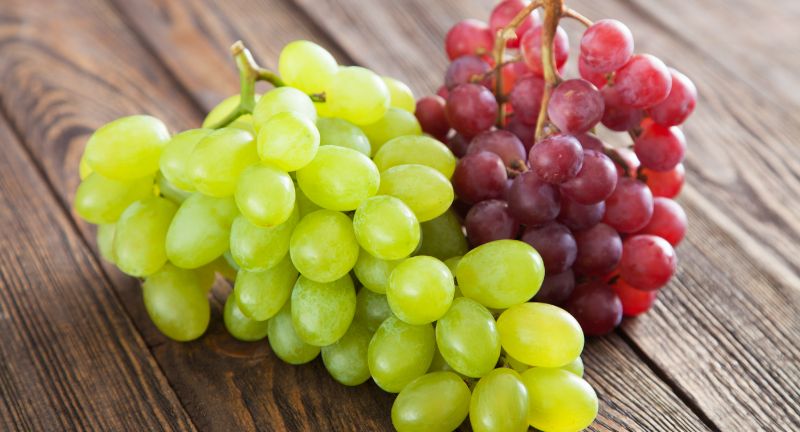
Shutterstock
Grapes, while rich in vitamins and antioxidants, are also high in sugar and carbohydrates. A cup of grapes contains about 23 grams of sugar and 27 grams of carbs, which can be significant for those monitoring their sugar intake. They have a high glycemic index, meaning they can cause a rapid spike in blood sugar levels.
Eat Pomegranates
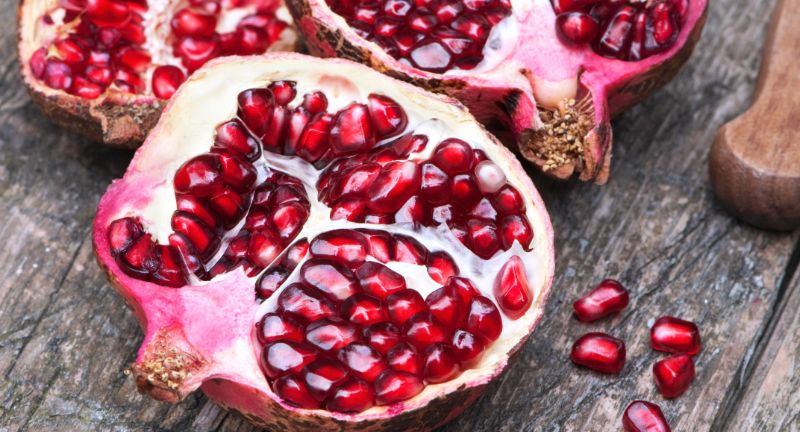
Shutterstock
Pomegranates are packed with antioxidants, particularly punicalagins and anthocyanins, which can help reduce inflammation and protect cells from damage. They have been linked to improved heart health, including reducing blood pressure and slowing the progression of atherosclerosis. The high fiber content in pomegranates can also aid in digestive health and weight management.
Skip Oranges

Getty
Oranges, though widely recognized for their high vitamin C content and numerous health benefits, may need to be consumed cautiously in certain situations. Including individuals managing diabetes or those on a low-sugar diet as the natural sugars in oranges can cause blood sugar levels to rise. Also, the high acidity level in oranges can aggravate conditions like acid reflux or gastroesophageal reflux disease (GERD).
Eat Strawberries
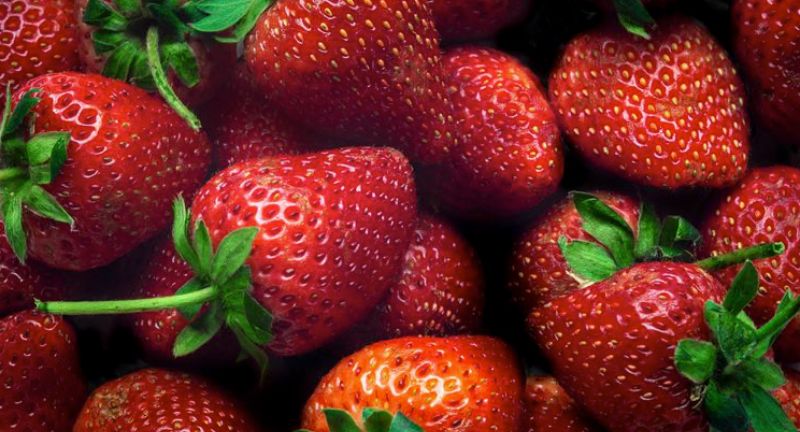
Getty
Strawberries are an excellent source of vitamin C, manganese, folate, and antioxidants, particularly polyphenols. They have been linked to improved heart health, with studies showing that they can help in lowering LDL cholesterol levels and improving arterial function. Strawberries are also beneficial for blood sugar regulation, making them a healthy choice for diabetics. Their high fiber and water content, combined with low calories, make them ideal for weight loss diets.
Skip Mangoes
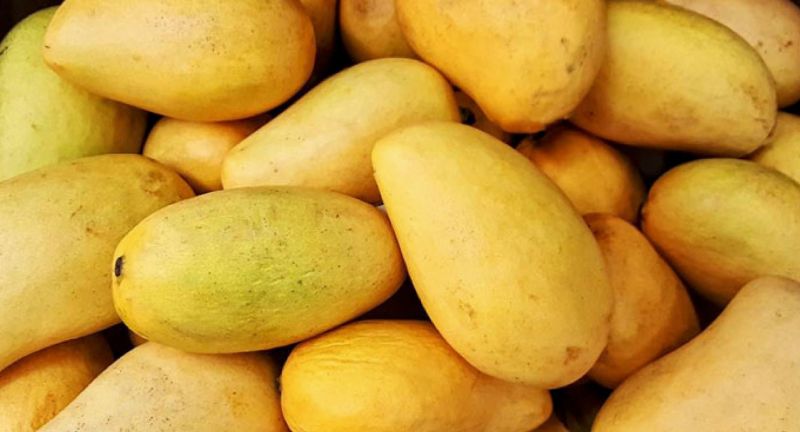
Getty
Mangoes are extremely high in sugar, with one average-sized mango containing about 45 grams of sugar and 50 grams of carbohydrates. They are a rich source of vitamin C and vitamin A, but their high sugar content can be a drawback for those watching their carbohydrate intake. The high sugar content in mangoes can lead to rapid increases in blood sugar levels.
Eat Pineapple
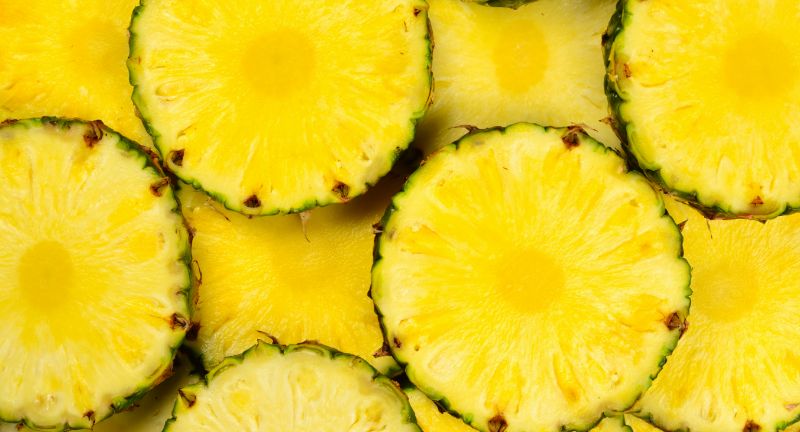
Shutterstock
Pineapple is rich in vitamin C and manganese, and it’s known for its unique enzyme, bromelain, which aids in digestion and has anti-inflammatory properties. Its high fiber and water content aid in digestion and can help maintain a healthy weight. Pineapple’s antioxidants can help to combat oxidative stress and reduce the risk of chronic diseases. However, due to its natural sugars, it should be consumed in moderation, particularly by those managing blood sugar levels.
Skip Tangerines
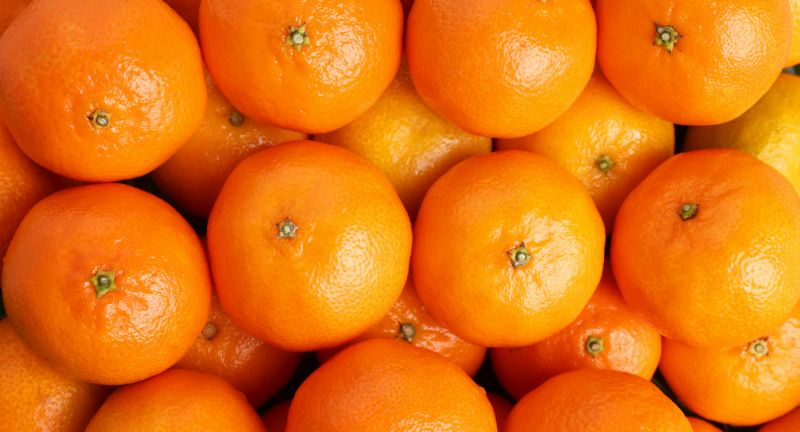
Shutterstock
Tangerines are high in sugar and carbohydrates. A medium-sized tangerine contains about 12 grams of sugar and 16 grams of carbohydrates. They are a good source of vitamin C and fiber but can affect blood sugar levels due to their high sugar content. Individuals with diabetes or those monitoring their carbohydrate intake should be mindful of the sugar content in tangerines.
Conclusion
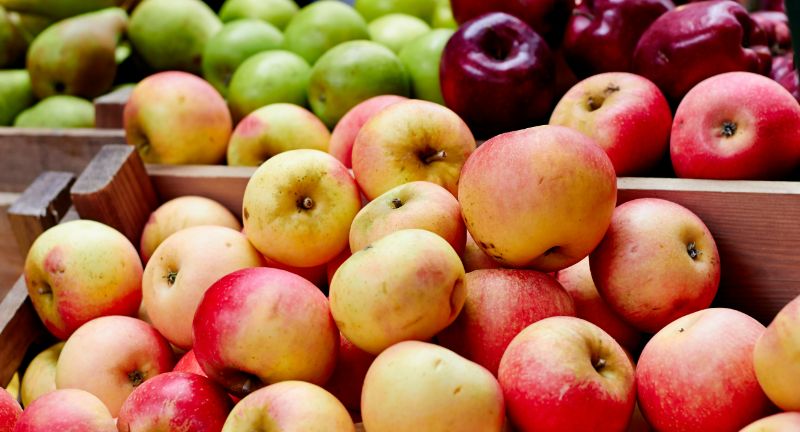
Shutterstock
Incorporating a variety of fruits into your diet is beneficial, but it’s important to do so with an awareness of their unique properties and how they align with your personal health goals. By choosing fruits that complement your dietary needs, whether it’s managing sugar intake, boosting nutrient density, or supporting overall health, you can enjoy the full benefits that fruits offer.
More From Health + Wellness
-


Man Cooks Set of Baby Back Ribs in Hotel Bathroom…
-


Good Friend Wakes Up Early To Make Suhoor For His…
-


This Diet Has Been Named The Best for 2023
-


Aldi Customer Tweets Picture Of Comically Misshapen Marshmallow Bunnies &…
-


Chick-fil-A’s New Cauliflower Sandwich. The Company to Begin Testing in…
-


Unhealthiest Snacks You Should Avoid
